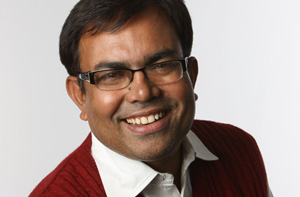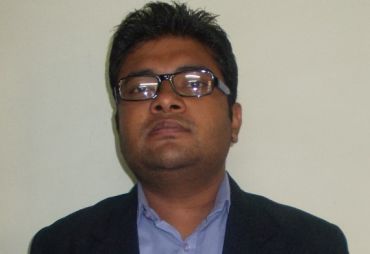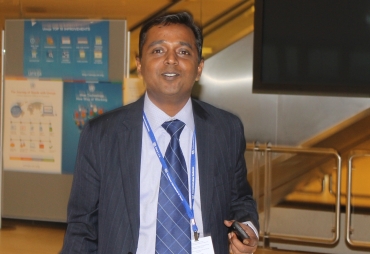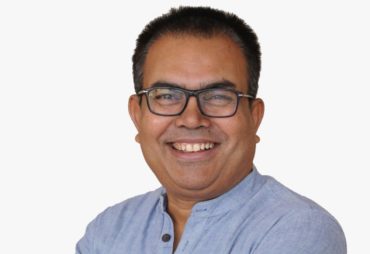
Nidan facilitates the empowerment of poor and marginalized people through community-based and pro-poor participative interventions. They seek to evolve and facilitate a broad-based movement for recognition and implementation of the rights of unorganized laborers – in education, health, livelihoods, and the protection of children working in the informal sector.
Nidan’s primary target group has always been unorganized workers, be they migrant laborers, street vendors, or rag pickers who don’t benefit from statutory protection against systematic exploitation, and who remain outside the purview of labor welfare and protection policies.
The organization is guided by the vision of establishing a just, democratic, and non-violent society where citizens enjoy their rights without any discrimination on the basis of gender or class, and live in mutual co-operation.
Nidan organizes informal workers into legal entities such as associations, cooperatives, self-help groups, and small businesses, thus greatly increasing their bargaining power vis-à-vis the state and the private sector. Programs launched by Nidan have brought together more than 500,000 workers from the informal sector.
Populations traditionally viewed as outside the system advocate successfully for their own development, improving policies and gaining access to services and support.
Program Growth
Nidan plans to expand geographically to serve larger populations in India.

Executive Director, Nidan
As a child in northeastern Bihar, Arbind was perplexed by the routine eviction of neighborhood vendors for no apparent fault or crime. After studying sociology and law in New Delhi, he returned to Bihar and discovered a severe lack of social services available for the urban poor, with most social service organizations focused on improving conditions in rural areas. Following an anti-encroachment eviction drive targeting poor vendors led by the Bihari government, Arbind launched Nidan as its own entity in 1996.
Arbind Singh is an energetic, avid experimenter, eager to learn from Western development, and passionate in his belief that there must be a uniquely Indian path that achieves economic growth through inclusion of India’s massive informal sector. He is a bridge between the poorest of the poor and Delhi’s cabinet ministers — the architects of India’s growth and development plans. He is an Ashoka Fellow (2007) and Schwab Social Entrepreneur of the Year, India (2008). He has been applauded for his ability to get things done in an area (Bihar) where few organizations have had an impact.
Skoll Questions and Comments:
Please describe Arbind's current role in the organization.



